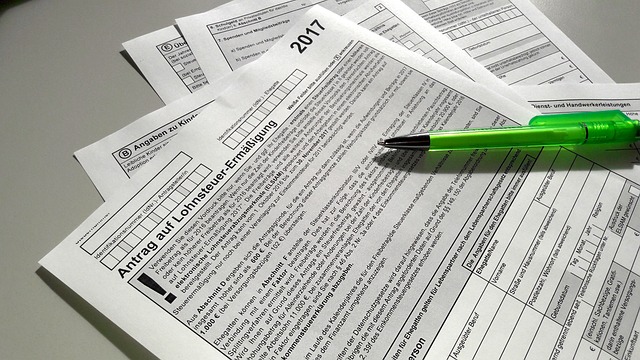Transitioning to self-employment in South Africa requires strategic Self-Employment Tax Planning. This involves understanding and meeting diverse tax obligations, including social security, unemployment insurance, medical aid, provincial, and local taxes. Key strategies include staying informed about legislation, maintaining accurate financial records, consulting tax professionals, separating personal and business finances, estimating quarterly tax payments, and identifying allowable deductions to ensure compliance, avoid penalties, and maintain financial stability.
Transitioning from employment to self-employment in South Africa brings unique tax considerations. This article guides you through the essential steps of understanding and managing your new tax obligations, focusing on self-employment tax planning in South Africa. We’ll explore strategies to ensure effective compliance, helping you navigate this significant shift successfully. By implementing these practices, you can mitigate potential pitfalls and optimize your financial position as a self-employed individual.
- Understanding Self-Employment Tax Obligations in South Africa
- Strategies for Effective Tax Planning and Compliance as a Self-Employed Individual
Understanding Self-Employment Tax Obligations in South Africa

Transitioning from employment to self-employment in South Africa comes with a shift in tax obligations, requiring careful planning to navigate successfully. In the world of self-employment tax planning South Africa, understanding your duties is paramount. As a self-employed individual, you’re responsible for paying both employer and employee contributions towards social security, unemployment insurance, and medical aid, among other levies. This includes calculating and remitting income tax on all business income, as well as managing provincial and local taxes.
Effective self-employment tax planning involves staying informed about changing legislation, keeping accurate financial records, and consulting with a tax professional to ensure compliance. Remember that, unlike employed individuals, the onus of paying these taxes directly rests on you, making proactive tax planning crucial for financial stability and to avoid potential penalties.
Strategies for Effective Tax Planning and Compliance as a Self-Employed Individual

Transitioning from employment to self-employment in South Africa brings a new set of tax considerations and responsibilities. As a self-employed individual, effective tax planning and compliance are crucial to ensure financial stability and avoid legal issues. One strategic approach is to keep detailed records of all income and expenses related to your business activities, as this forms the foundation for accurate tax calculations. Separating personal and business finances is essential; maintain separate bank accounts and bookkeeping systems to track income, expenses, and deductions specific to your self-employment.
Regularly consult with a tax professional or accountant who understands South Africa’s tax laws and regulations tailored for self-employed individuals. They can guide you in identifying allowable deductions, optimizing tax-efficient strategies, and staying up-to-date with filing requirements. Proactive tax planning includes estimating quarterly tax payments, understanding the impact of various deductions, and being aware of deadlines for submitting tax returns. By implementing these strategies, self-employed South Africans can ensure they meet their tax obligations effectively while potentially reducing their tax burden.







